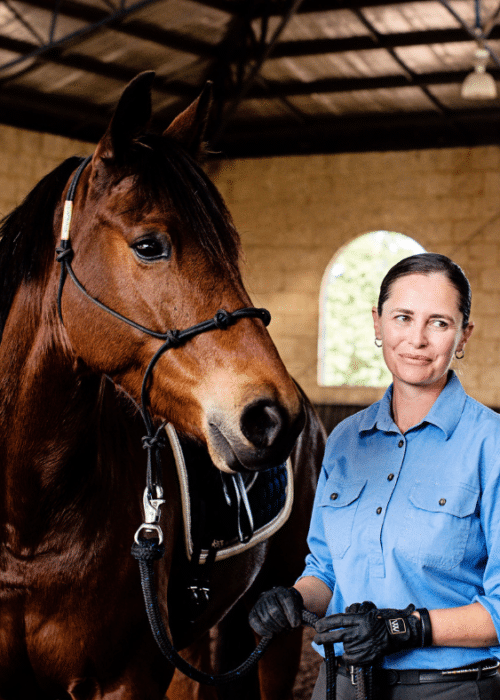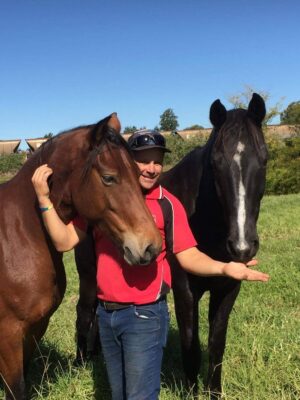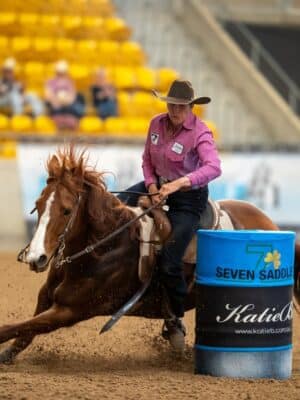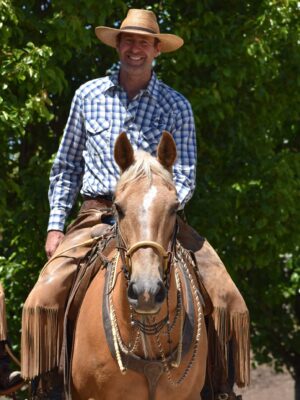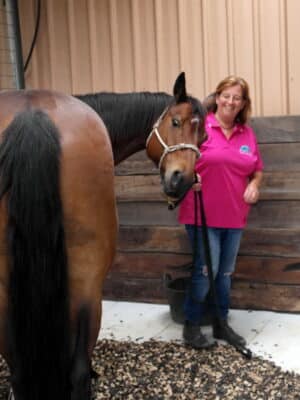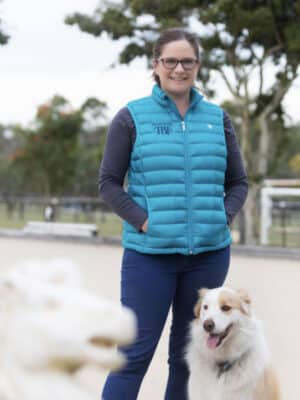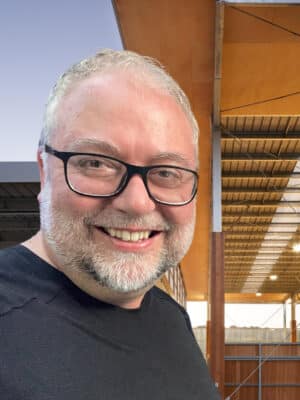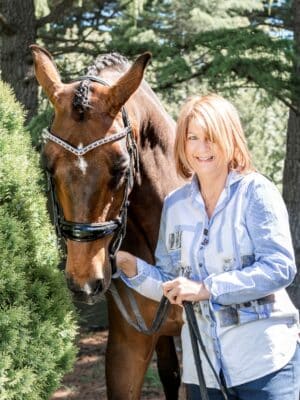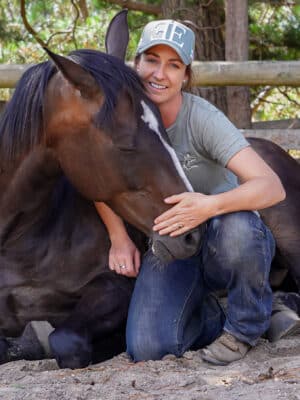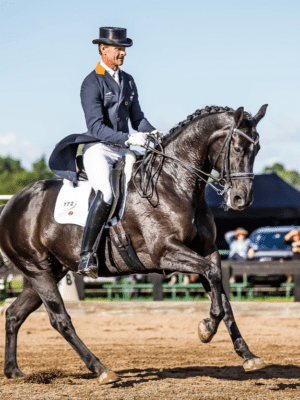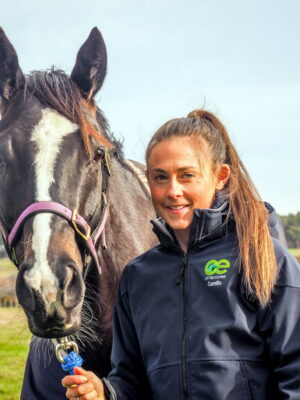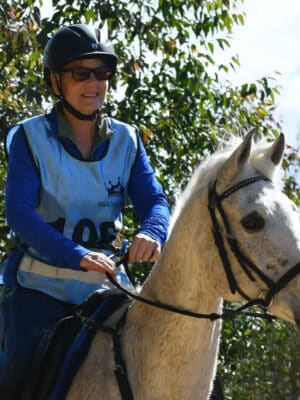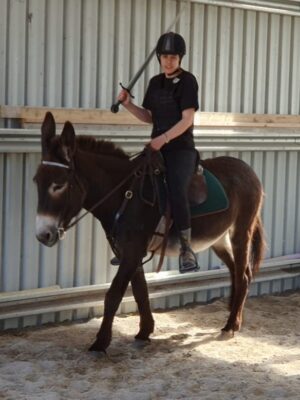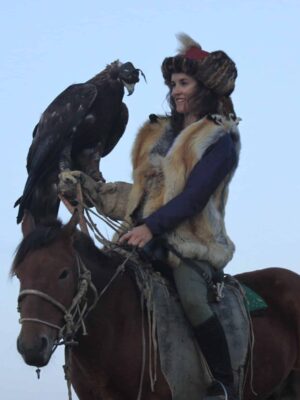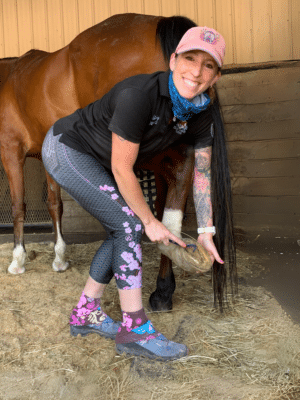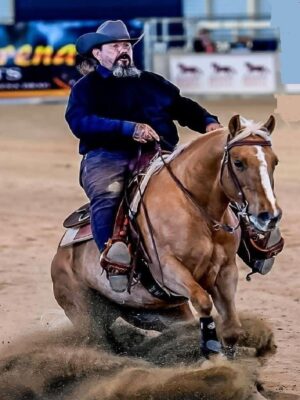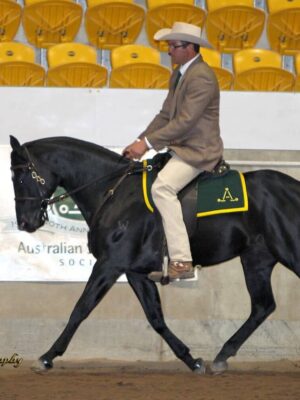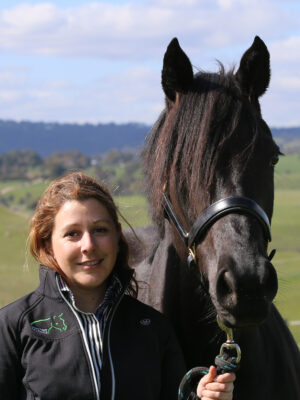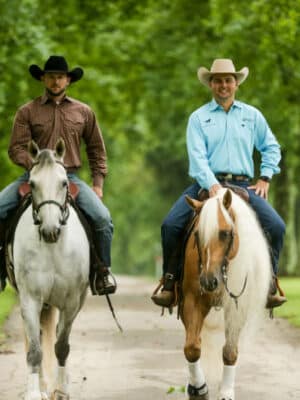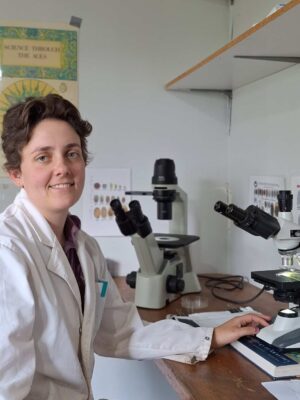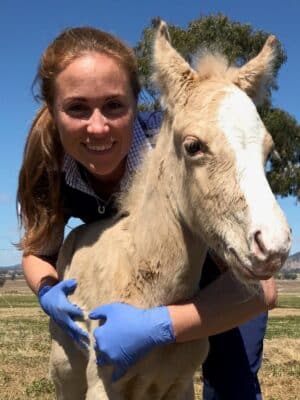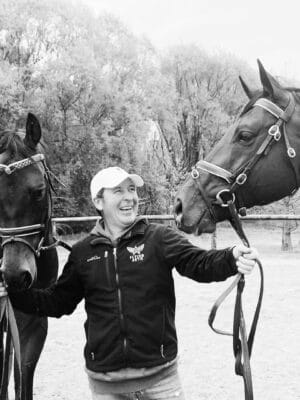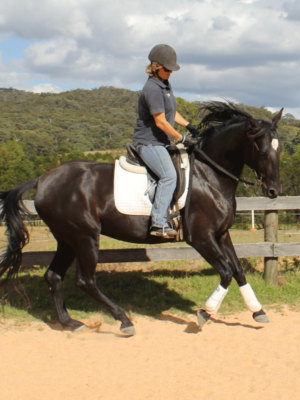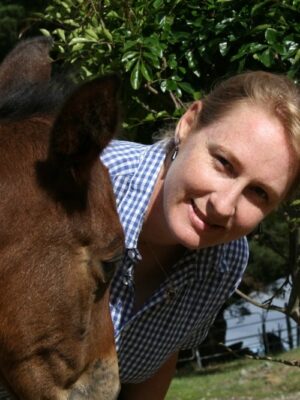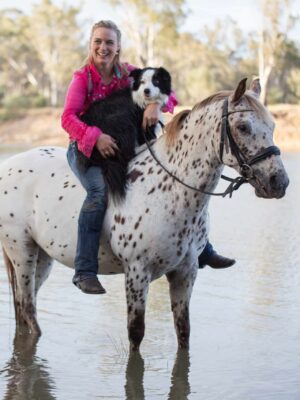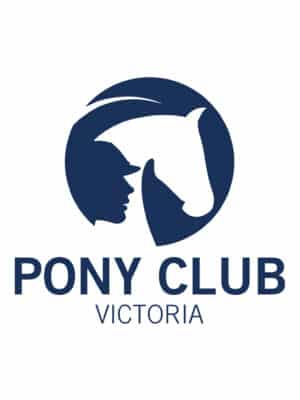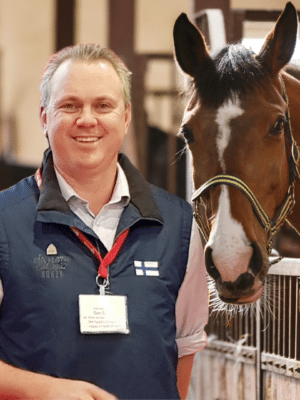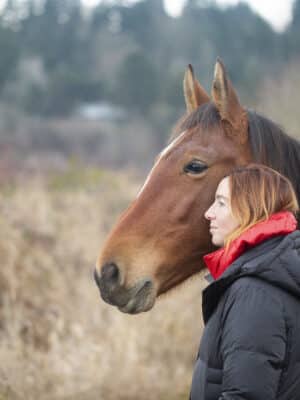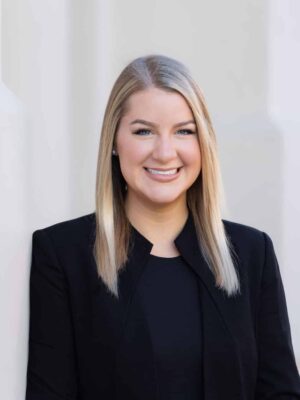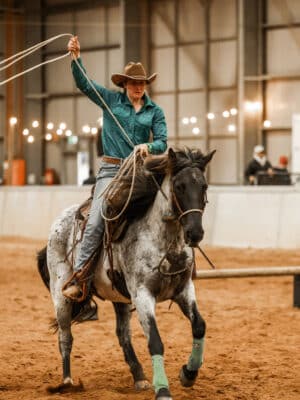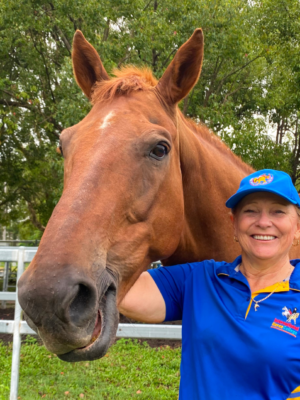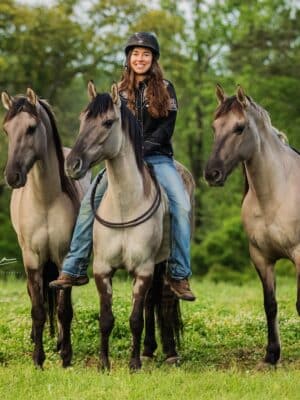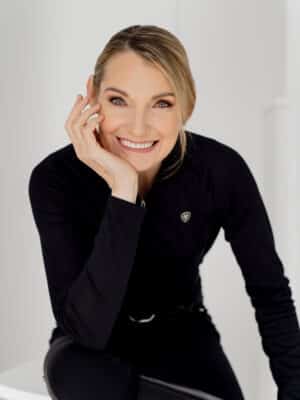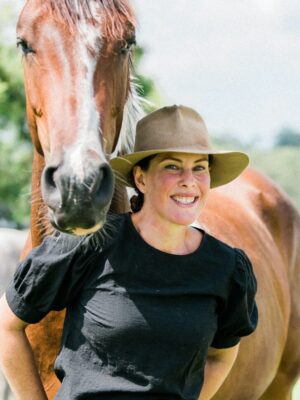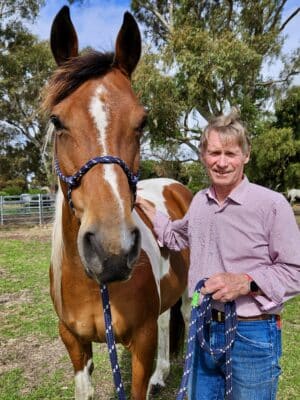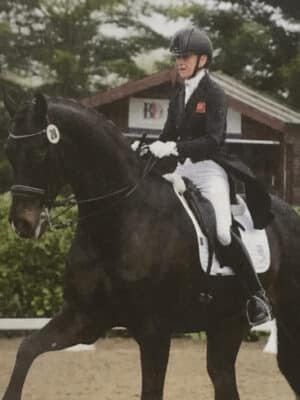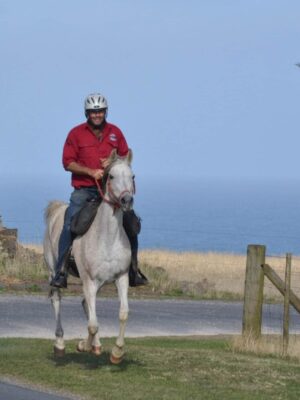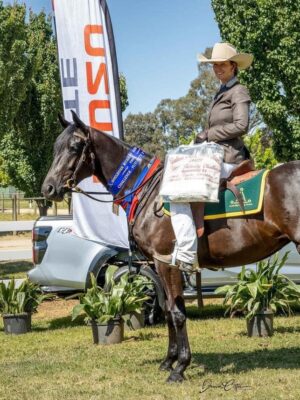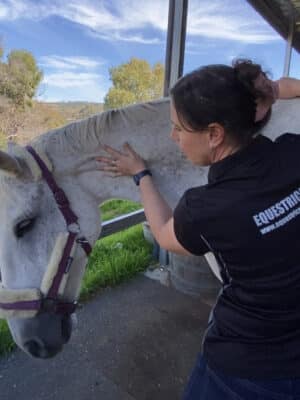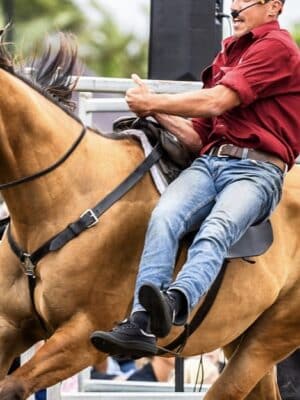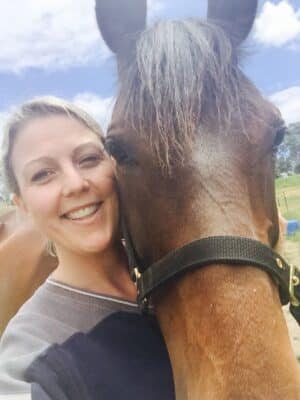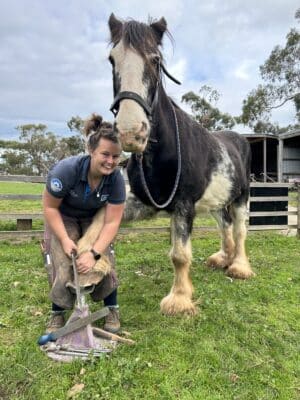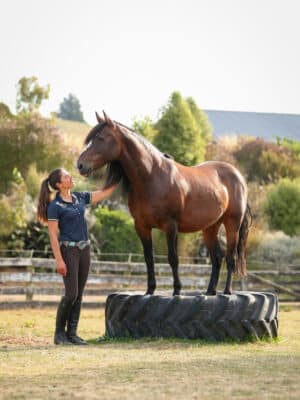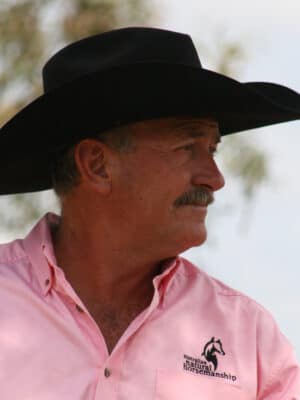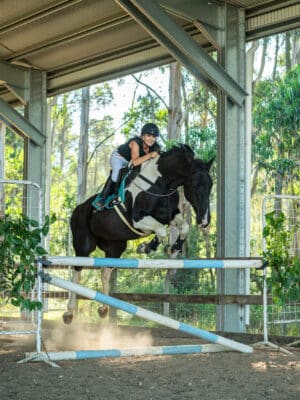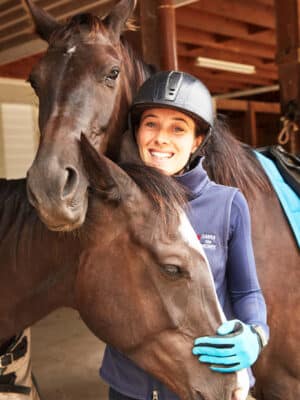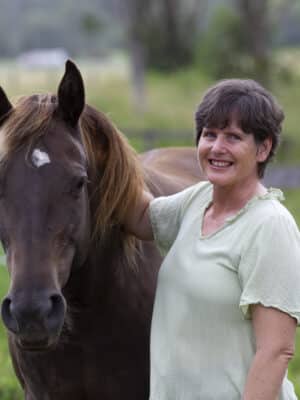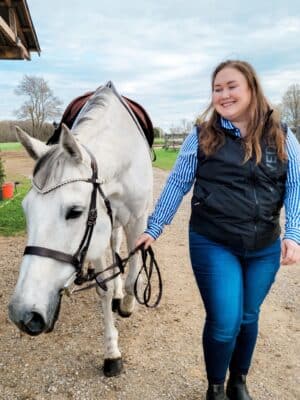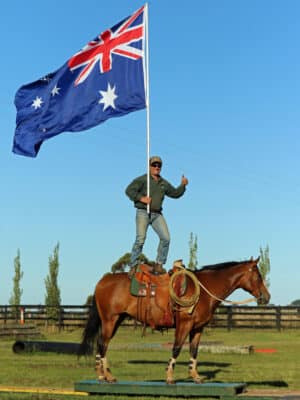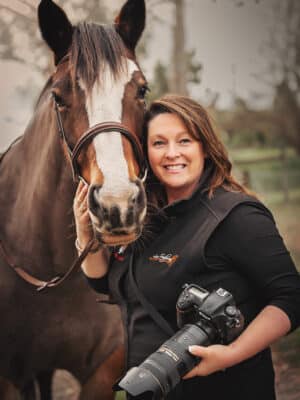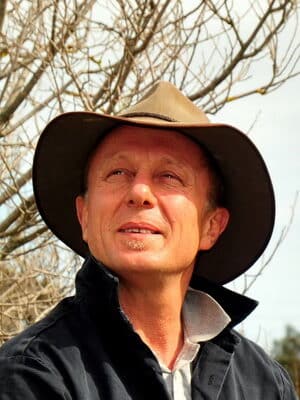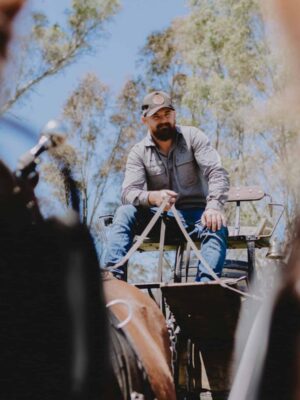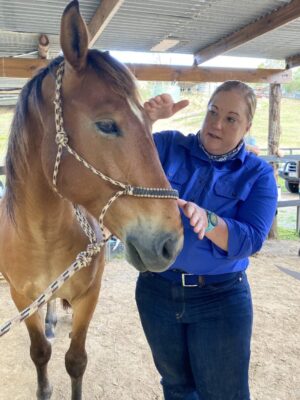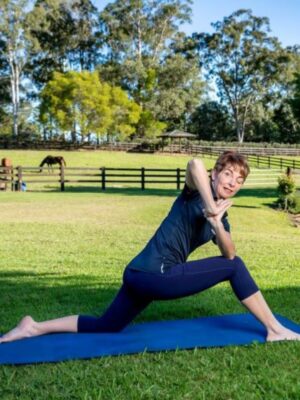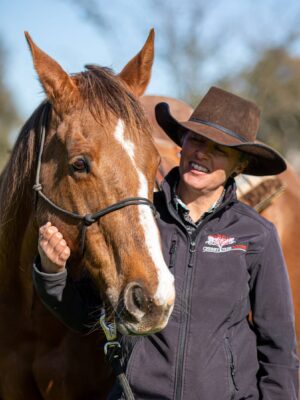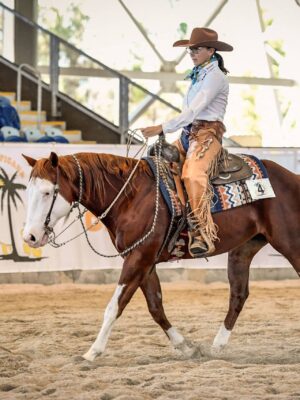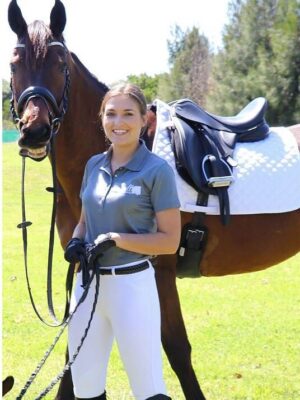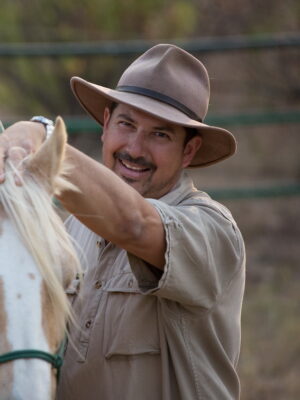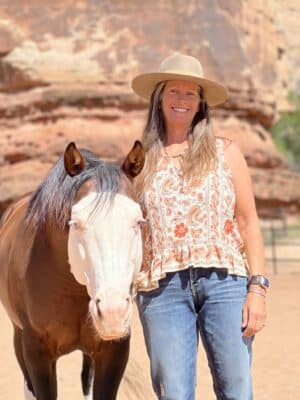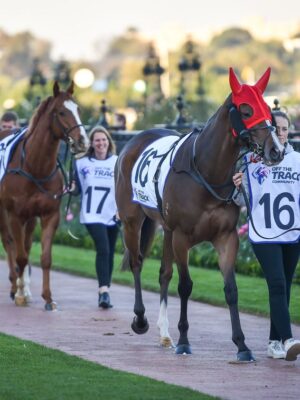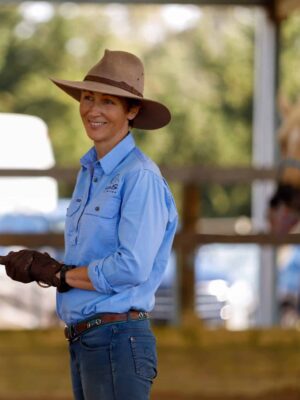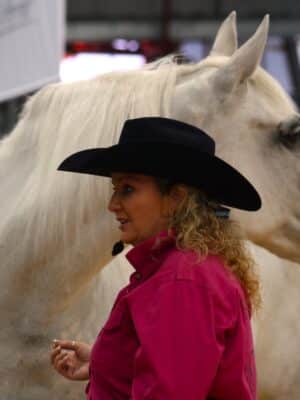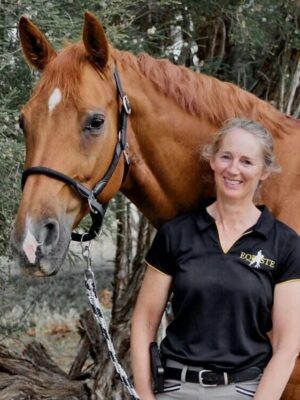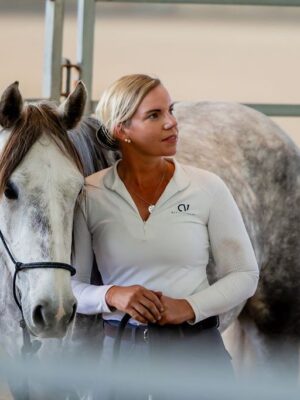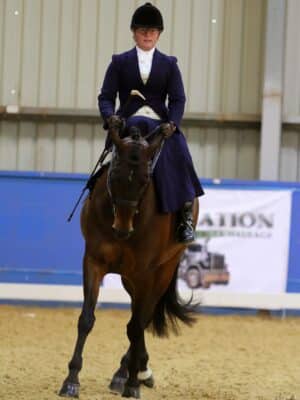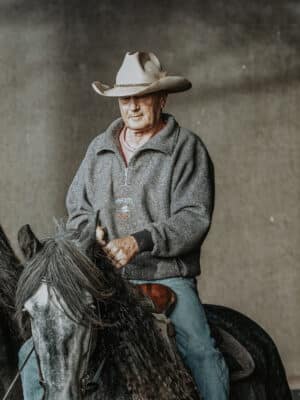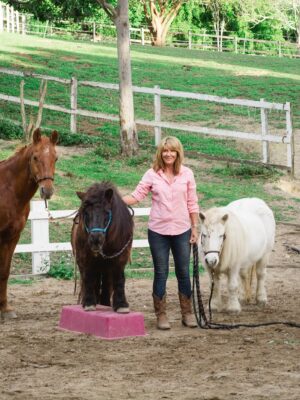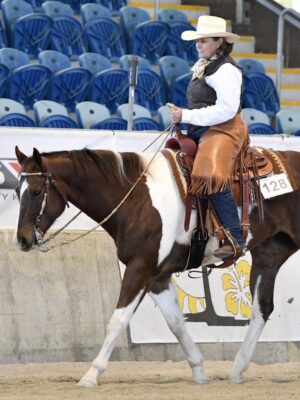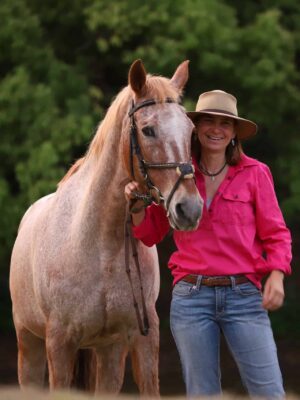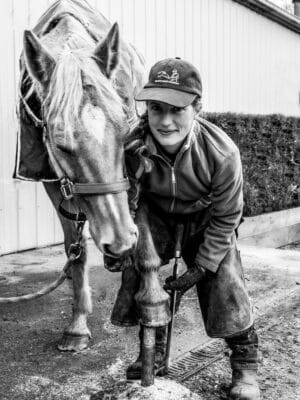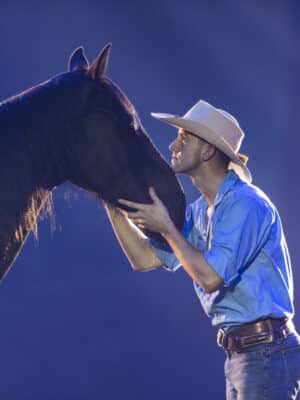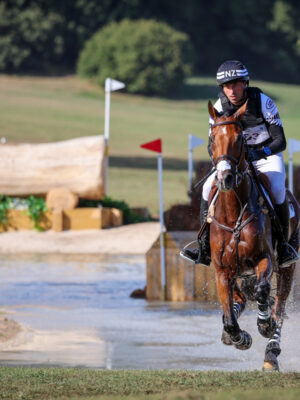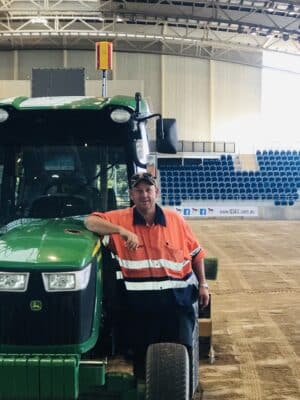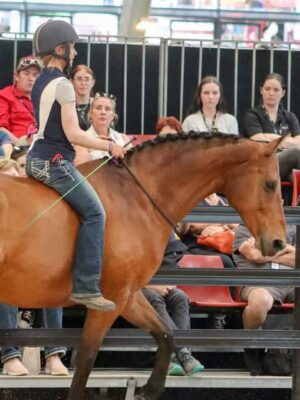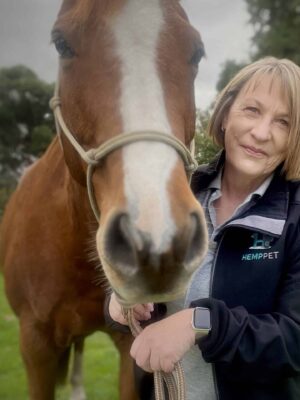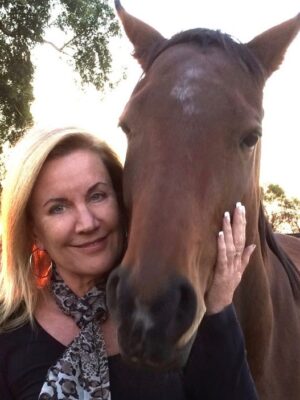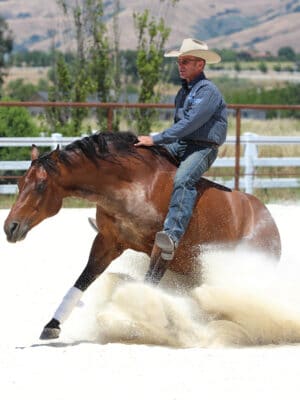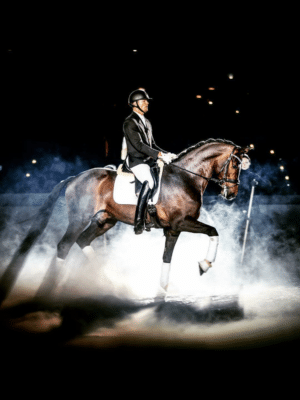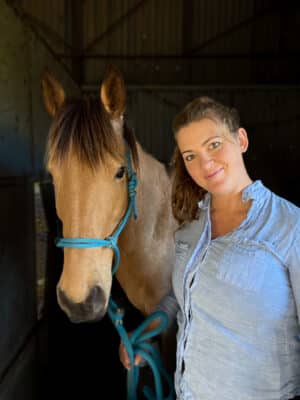Dr Shelley Appleton
Training & Horsemanship
When it comes to the ability to understand and work well with horses and people, Dr Shelley Appleton has background that places her in a unique position in the equestrian world. Her education in science, learning and human performance allows her to appreciate all the realms and dimensions of understanding and working with horses. Her background in research allows her to appreciate all sources of knowledge, insights or ideas from practical and academic sources. Shelley appreciates the various ways of looking at horses and how to work with them. This has allowed her to bring a voice to the equestrian world that bridges the divide between disciplines and beliefs.
Shelley has a vast toolbox of techniques and methods for working with horses. Her deep understanding of human learning and the development of expert performance has made her an exceptional coach of building training talent and confidence in people.
She does this by encouraging people to understand horses and appreciate the impact of our interactions with them. She finds it satisfying to empower people with the knowledge and skills that give them their joy and purpose back into horse riding.
What started years ago as an interest in developing her own training skills by working with her own horses, turned into helping friends, then their friends until her spare time was consumed by coaching and giving clinics. Shelley now operates Calm Willing Confident Horses providing coaching, clinic and online education courses. She is also the co-host of successful equestrian podcast – Canter Therapy with Kathryn Christieson.
Visit Dr Shelley Appleton at the following sessions
Details
Friday November 15th
1:45 pm to 2:30 pm
EQUITANA Classroom (Royal Block)
Confidence & Trust – Solving the Horse + Human Equation
When people describe themselves as lacking confidence in the saddle it can be from a lack of confidence or trust, or both! This is because confidence and trust are related but slightly different. Confidence is the assurance we have in someone, something or ourselves at being able to perform a task or handle a situation. It is a feeling of competence that someone or something is reliable. Therefore, confidence is built on experience.
Trust is a bit different. It does not have to be built on experience. It can be based on an assumption of good intention or competence. Some people will assume someone, or something is trustworthy until proven otherwise. However, other people due to life experience, will need trust to be built.
Therefore, lacking confidence in the saddle is not straightforward. Solving confidence issues is not just a matter of being “braver” or making a horse “quieter”. It is multifaceted and requires you to work on aspects of yourself and not just change your horse.
This presentation will help you understand the complexity of confidence issues and how they can be overcome.
Details
Saturday November 16th
1:45 pm to 2:30 pm
Ariat Theatrette, Ariat Building
An Argument for the Most Important Skillset in Horsemanship
The “Pareto Principle”, also known as the 80/20 rule suggests that in many situations roughly 80% of the effects come from 20% of the causes.
In practical terms, mastering a critical subset of skills or focusing on key tasks can often yield a disproportionately large payoff. Therefore, identifying and honing that crucial 20% can lead to significant improvements in performance or results.
I use this principle to establish what I focus on teaching people in regards to how to influence horses. I call the 20% the skills necessary to establish a foundation on a horse.
The horse’s foundation is like their basic operating system. It has mental, emotional and physical realms to it. It is understanding, confidence and physical gymnastic fitness ability to accept and respond to a rider and their general handling and management.
A horse’s foundation can be rebuilt at any time and teaching people how to do this has a tremendous effect riders confidence and ability to solve training or behavioural problems as well as protect the partnership from bad advice in the future.
